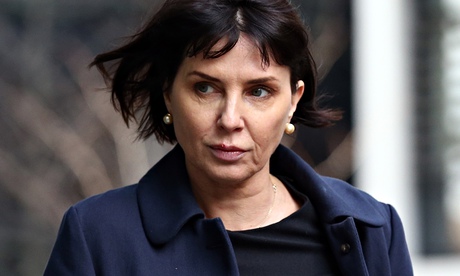
Among other things, it is a question of proportion. Loss of both arms: £110,000 (on the criminal injuries tariff). False arrest in botched rape case: £20,000 (police payout to the 17-year-old girl they traduced). Money to the grieving parents of two children killed in a Greek boiler tragedy: £350,000 after a seven-year legal fight. Total awards to eight Mirror Group claimants for phone-hacking: £1.2m (with more millions pending).
Let’s be clear. Hacking phones is a crime. It infected the Mirror and News of the World between 10 and 15 years ago. It was, for a time, a staple of celebrity coverage. But it’s over, gone, blasted to perdition (after some notable investigative reporting and notably tardy police action). That doesn’t mean the book of shame should be closed. Of course there are still questions about who knew what at Trinity Mirror. One CEO at the time is now chairman of the Gambling Commission. His successor denied the existence of hacking in orotund terms to the Leveson inquiry. What, if anything, either of them knew is a matter for scrutiny – as is the behaviour of editors who reported to them. Serious legal issues; serious questions that may or may not lead to corporate charges.
But proportionality also demands a dose of common sense. Mr Justice Mann, constructing his own celebrity privacy tariff, began with £10,000 per year of hacking and lumped a ratio of hurtful articles and frequency of intrusions on top. He seemed to pay nil regard to valuations on article 8 of the European convention on human rights, which are roughly a tenth of the sums he ordered. It all seemed more legal beanfeast than an effort to set privacy in a realistic context. What the Mirror did a decade or more ago needs a good kicking and maybe a good sacking. Uphold the law. But the law can be self-serving ass if it lets its awards lurch out of kilter. The editor of the Guardian rightly laments the chilling effect of legal costs on probing reporting. Local Trinity Mirror newsrooms may come to lament the impact of this episode on a company that doesn’t have Murdoch’s resources. There’s necessary pain in all this to be sure; but be careful to look for the gain.

